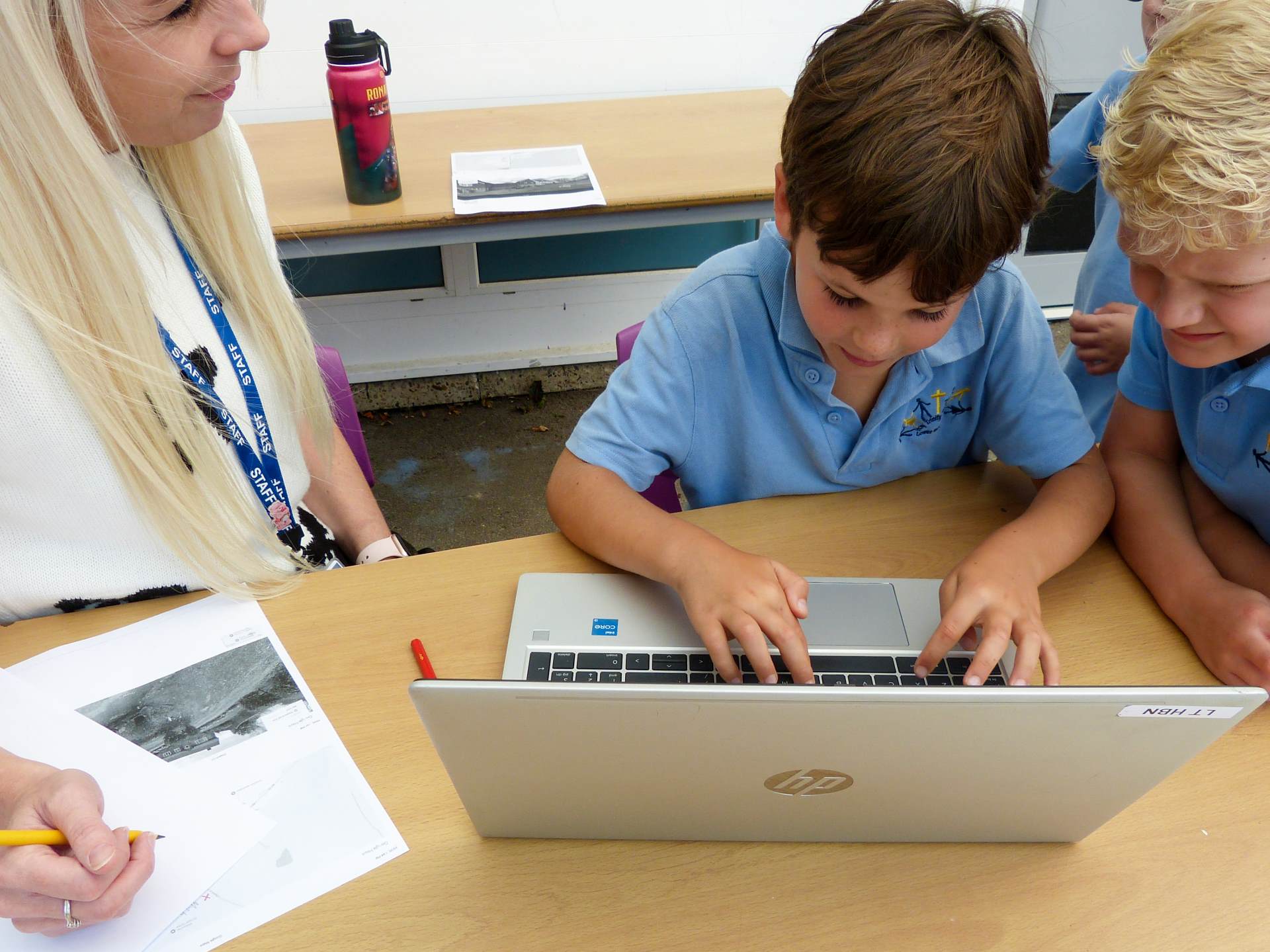Progress and Assessment
Progress for us means so much more than just “moving forward”. It means:
- Catching up and filling any gaps in learning.
- Deepening the understanding of a subject.
- Overcoming barriers that a child might face.
Our approach to assessment
In order to support children in making progress, we have designed our own, school-specific, key objectives for reading, writing and maths.
These have been designed specifically for our children with their needs at the forefront of our minds. We use these expectations to identify gaps in learning for individuals or groups of children, which in turn helps us to plan our teaching. They are also used to summarise learning at the end of each academic year.
We do not subscribe to the idea that a child’s progress will always be linear, or that progress will always look the same from one child to the next. Children learn at different times and at different speeds, so our systems are set up to focus on an individual child’s learning and next steps.

Termly, teachers review their notes and assessments to see whether children are on track to meet our expectations. If children are not on track, they may be slightly below our expectations, and we will put in place catch up programmes and work with you to support them at home.
A child is considered to be making good progress if s/he is on track termly and/or reaches our expectations for reading, writing and maths by the end of the school year.
Because we are a small school, we are able to monitor each child’s progress on an individual basis, as opposed to in groups. This allows us to offer a much more personalised curriculum that can be tailored specifically to their needs. Our teachers teach the same pupils for two academic years, so have a very secure and deep understanding of how each child learns and develops.
Click here to find out more and we have a quick guide for parents which tells you how you can find out about your child’s progress here.
